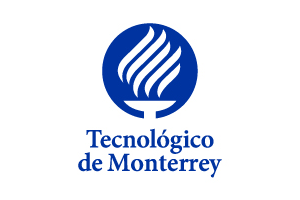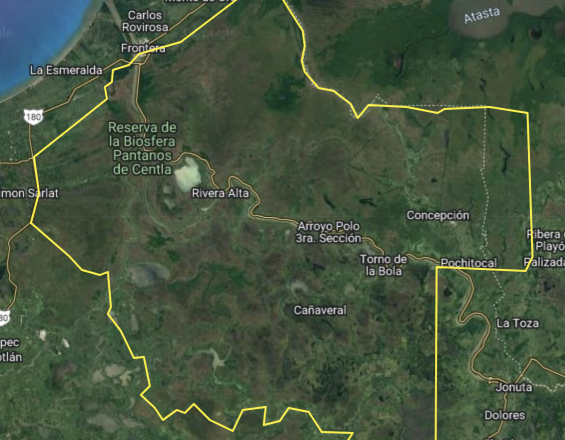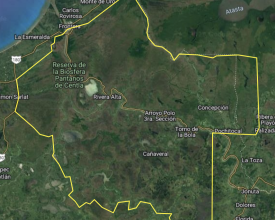
Pantanos de Centla Sustainability Plan

The Pantanos de Centla is a key wetland reserve in Tabasco, Mexico. It is home to hundreds of species and a population of Indigenous people who have lived off the reserve’s land and waters since before its declaration as a protected area. Today, human activity has placed the region in critical danger, resulting in the need for a new sustainable management program. This proposal involves various interconnected strategies, starting with the restoration of ecosystems affected by farming and deforestation. Applying current regulations more rigorously will be crucial until restoration efforts yield results. Simultaneously, promoting environmental education in both schools and among local fishermen and farmers will encourage sustainable practices. Furthermore, the ecotourism industry must be centralized to ensure alignment with preservation, and the petroleum industry in the area must be held accountable to its own environmental policies. Finally, continuous research and monitoring is needed to evaluate the program
Impacts
The local population’s well-being is at the forefront of the program’s objectives. Some of the immediate impacts, however, might be difficult to adapt to. For example, reducing the reserve’s traditional economic activities (fishing and farming) could pose meaningful economic challenges. Although ecotourism is presented as an alternative, many will likely not want to, or be able to, transform their way of life. In addition, an increase in the enforcement of regulations might be met with resistance from both the locals and the oil industry. Furthermore, the program will require a large investment, which might cause funds to be diverted from other efforts. But despite the challenges, the positive impacts of this program will hopefully transform lives for the better. The necessary funding can come from what is currently used to stimulate agriculture and livestock. The education program will foster a greater understanding of conservation that will be woven into daily life on the reserve. As ecosystems heal, quality of life will increase and boost the strength of the local economy. A strong ecotourism industry for those willing to make the change can become a stable source of income that brings people even closer to their natural environment. Preserving the Pantanos de Centla promises benefits that extend far beyond the region, and contribute to the broader welfare and ecological integrity of the country.
